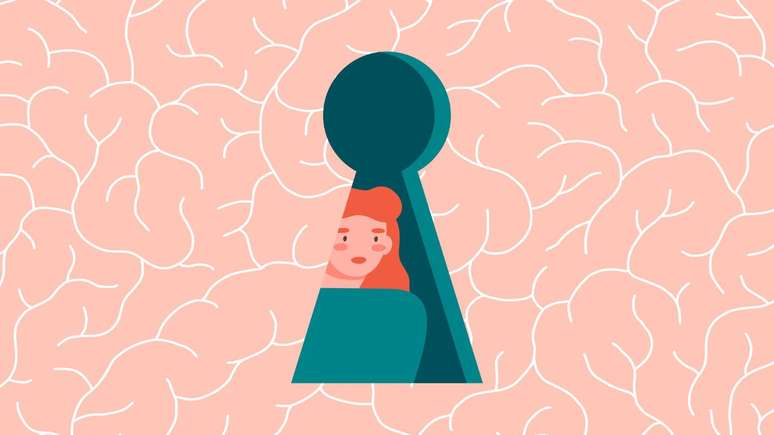Did you know that this feeling can weaken your immune system and even change your metabolism?
Jealousy, a common emotion in the cycles of relationships that are part of our lives, can cause harmful reactions in our bodies. When we are jealous, hormones like cortisol and adrenaline come into play, causing changes that can make us more anxious or even act impulsively.
The sensation causes only negative symptoms
In an interview with Earth you, the psychiatrist doctor, Cintia Bragasays that when we feel jealous, the body triggers a stress response that involves activation of the sympathetic nervous system. This results in physical symptoms such as rapid heartbeat, increased blood pressure, sweating and muscle tension.
“Jealousy increases levels of adrenaline and cortisol, hormones linked to the stress response. The increase in cortisol, in particular, can generate long-term negative effects, such as weakening of the immune system, difficulty concentrating and alterations in metabolism”, explains the expert.
The doctor points out that, when recurrent and intense, jealousy can still trigger anxiety, depression and obsessive behavior. On a physical level, this state of continuous stress can contribute to cardiovascular problems, sleep disorders and chronic fatigue.
Areas of the brain are activated
According to the psychiatrist, the main brain regions associated with jealousy include the prefrontal cortex, which regulates emotional control, the amygdala, involved in the response to threat, and the hypothalamus, which orchestrates hormone release. This circuit influences behavior, generating impulsive reactions and increased alertness.
How to manage this feeling?
The expert says that effective management of jealousy involves identifying emotional triggers and working on emotional regulation through psychotherapy, such as cognitive behavioral therapy.
Mindfulness techniques and relaxation exercises can reduce the stress response. In more severe cases, psychiatric monitoring may include the use of anxiolytic or antidepressant medications, depending on the clinical assessment.
Source: Terra
Ben Stock is a lifestyle journalist and author at Gossipify. He writes about topics such as health, wellness, travel, food and home decor. He provides practical advice and inspiration to improve well-being, keeps readers up to date with latest lifestyle news and trends, known for his engaging writing style, in-depth analysis and unique perspectives.








